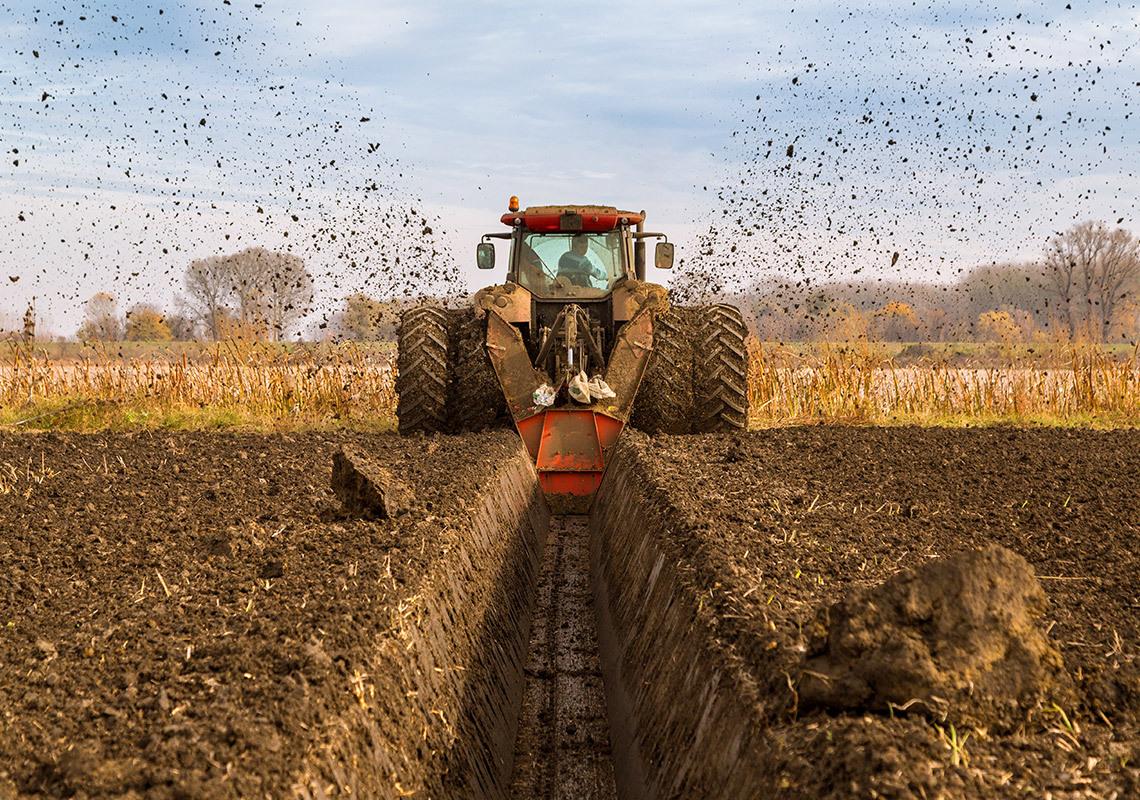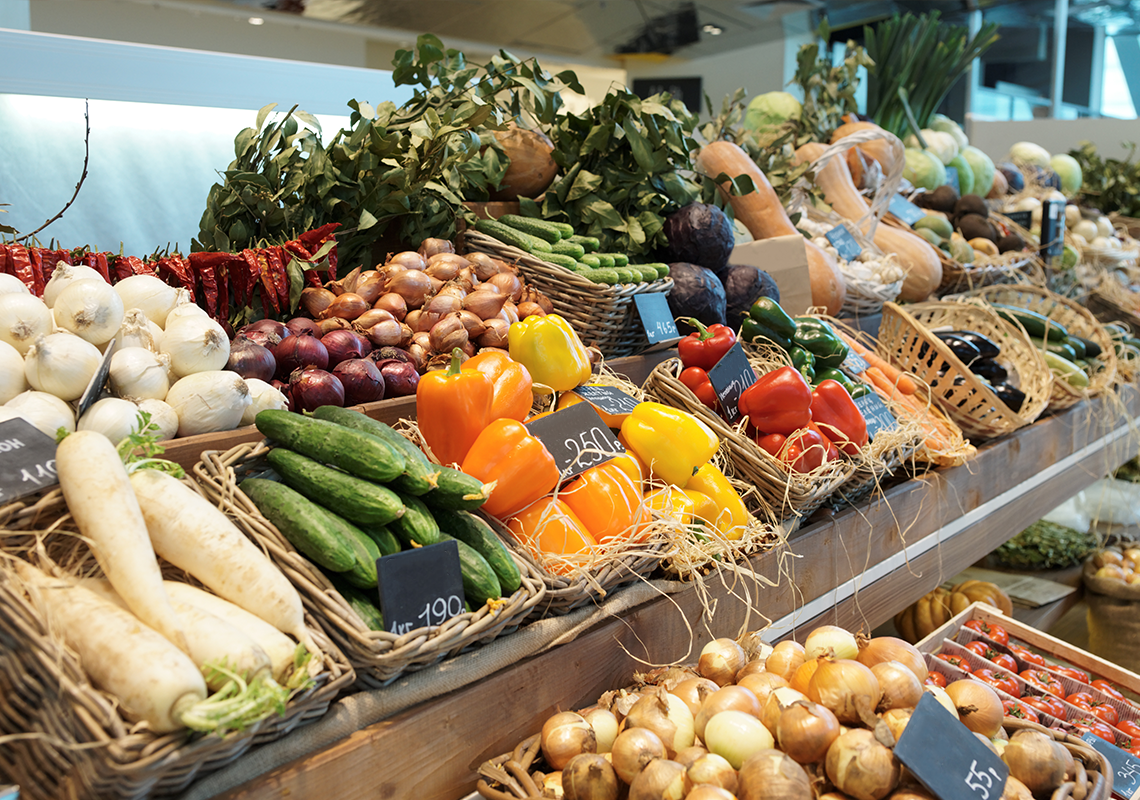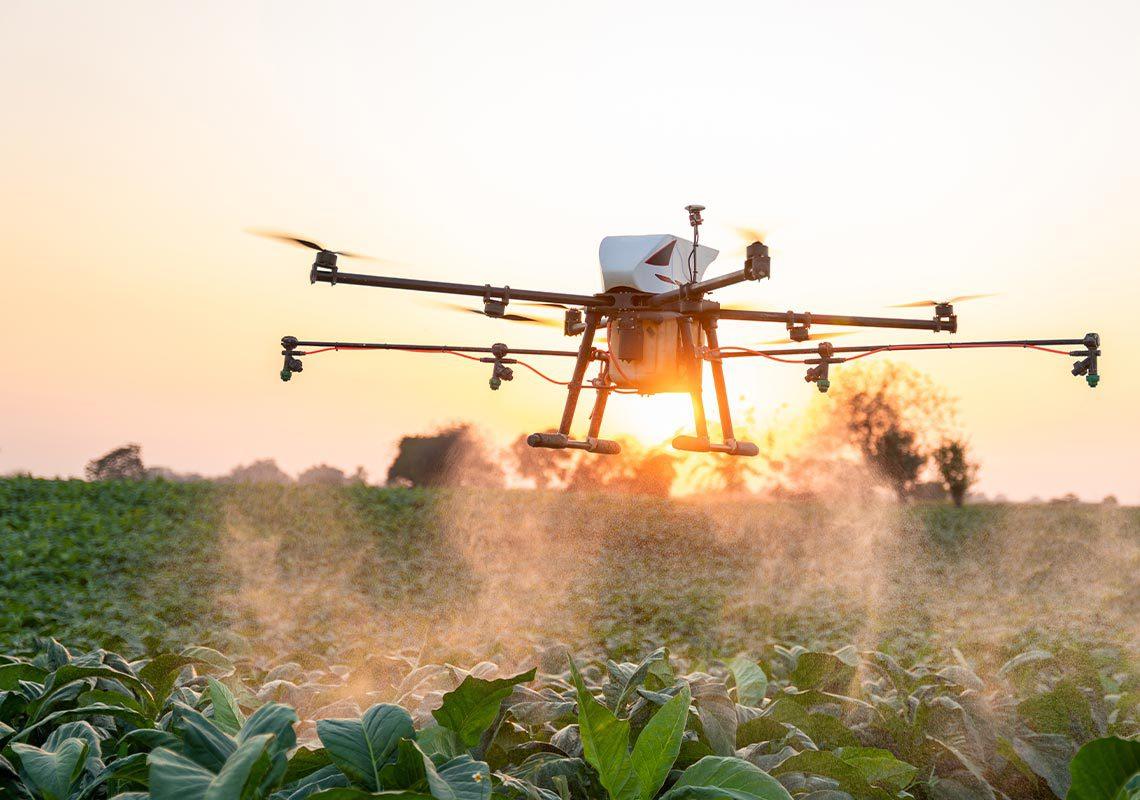Top Tips for Agricultural Health & Safety
It’s no secret that farming can be a hazardous industry. However, as with most things, prevention is essential! Farm and General discusses how you can ensure good health and safety practices.
There are multiple dangers that come into play on farms, from agricultural vehicles and livestock, to working at height and electrical hazards. While there’s a lot to think about, having some simple safety measures in place can prevent unnecessary and potentially tragic mistakes.
Training
This is possibly one of the most basic, but important, points worth highlighting. Full training should be provided to everyone working on your farm - ‘winging it’ is not recommended. It should go without saying that you must understand the task at hand, as well as have a basic knowledge of health and safety practices.
Agricultural Vehicles and Machinery
Unfortunately, farming vehicles and machinery are one of the primary causes of farm fatalities. Safe operation and preventative measures can be mitigated with the following steps:
- Complete a site audit to ensure your farm is as safe as it can be.
- Drive legally. Always.
- Wear a seatbelt, even on those short journeys.
- Follow the safe stop procedure whenever you leave the cab by engaging the handbrake, placing the vehicle in neutral, switching off the engine and removing the keys.
Lastly, ensure that any persons on foot do not approach the vehicle from a blind spot, but make themselves known and visible as soon as possible.
At Farm and General, we provide comprehensive cover for a variety of agricultural machinery and farm vehicles. Get a quote today to suit your needs.
Livestock
Machinery can be managed, handled, and procedures are in place to keep things in order, however, livestock is far more unpredictable.
Although all livestock pose risks, cattle are the greatest at risk of injury. There are, however, several steps you can take to ensure the safety of yourself and your farm's animals:
- Ensure you’re using well designed and maintained handling facilities.
- Do not approach a loose bull unless you are the designated handler.
- Act cautiously around any cattle with a newborn calf.
- Keep livestock separate from the public where possible.
- Remove aggressive animals from the herd.
Take a look at our livestock insurance to see how we can help you.
Building Safety
Most of these tips might seem self-explanatory, but we all get swamped down in day-to-day life with the aim to just ‘get stuff done’, so it’s easy to sometimes forget the obvious. Taking the below safety measures into consideration when working on any buildings on your farm can help you and your staff stay protected:
- Avoid working at height without the correct equipment or use contractors to complete the work on your behalf.
- If demolition work is required, ensure the process is planned carefully and any rubble or waste is deposited correctly.
- Consider the structure’s strength, plan for poor weather conditions, and have the correct equipment and training when working on roofs.
Farm and General offers farm contracting insurance to provide you peace of mind.
Adverse Weather
As winter sets in, the weather will inevitably worsen. With heavier rainfall, colder weather and the potential for more storms, the risk of falling and injuring yourself increases. Make sure your grounds are maintained as best as possible and the correct clothing is worn at all times.
Get in Touch
At Farm and General, we understand that the health and safety checklist is never ending. Get in touch with our friendly, expert team and let us take care of it. We will ensure you’re correctly covered for all activities carried out on your farm.




